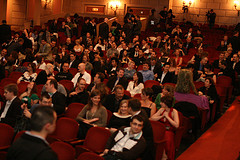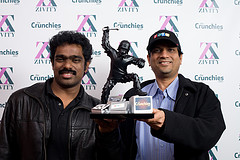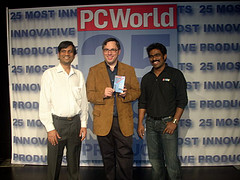 You can’t make this up … there really is no Internet on Internet Street.
You can’t make this up … there really is no Internet on Internet Street.
Andrzej Gromek bought a house in Warsaw, Poland on a street named … Internet. Wow! How nice of the City of Warsaw to recognize the Internet by naming a street after it!
Mr. Gromek soon discovered he could not get a broadband connection in his house. Turned down by all providers he launched a campaign to the National Telecom Authority in Poland. They first took his letters for a prank, but after a dozen or so decided to look at the matter. It turns out that Mr Gromek is the only resident on Internet Street actually wanting to use the Internet, and it would not be economically feasible to pull it to one customer only.
Solution: Mr Gromek is now selling his house. I hope he does not move to a street named after water, electricity or gas… 
(Cross-posted from CloudAve)















Recent Comments